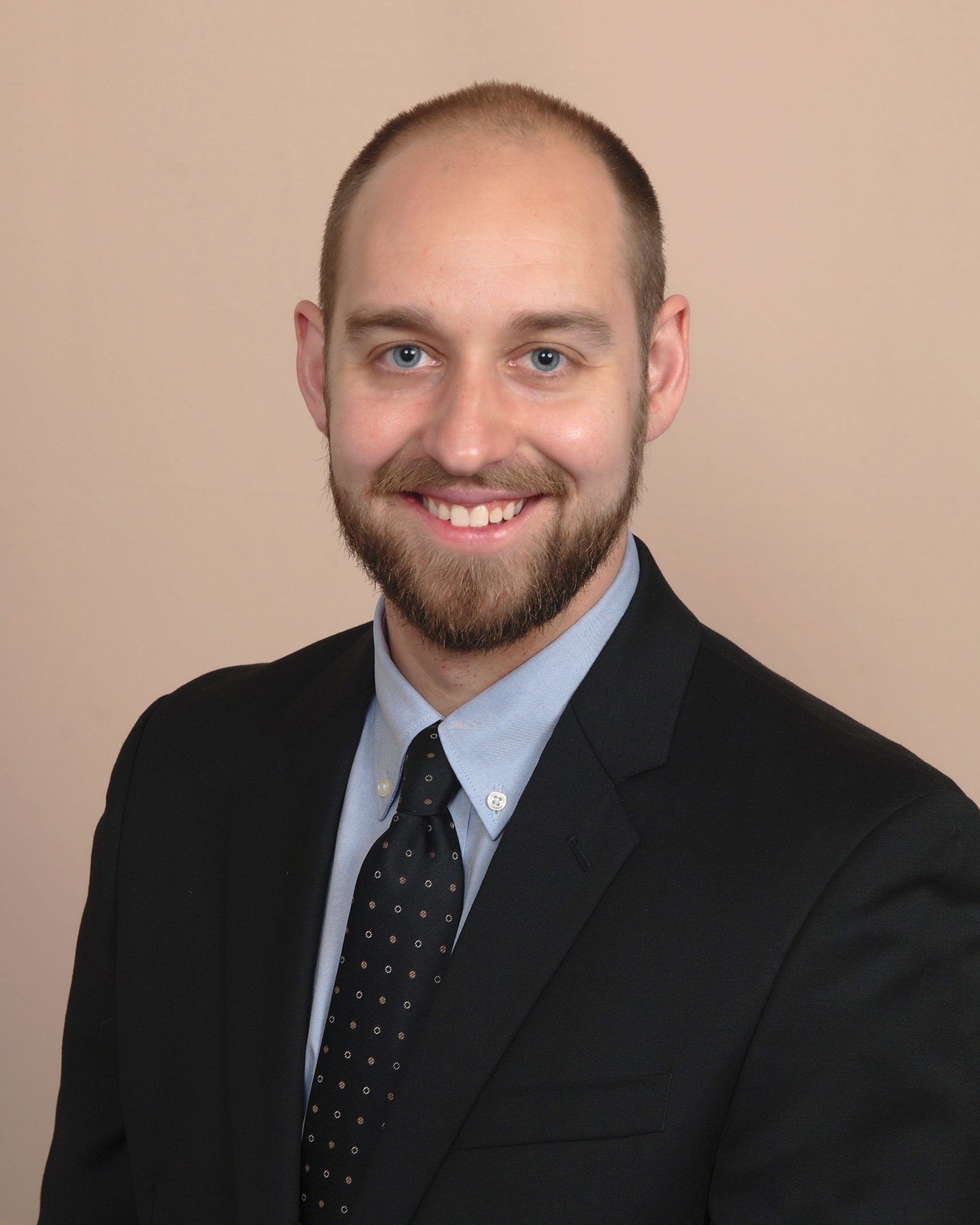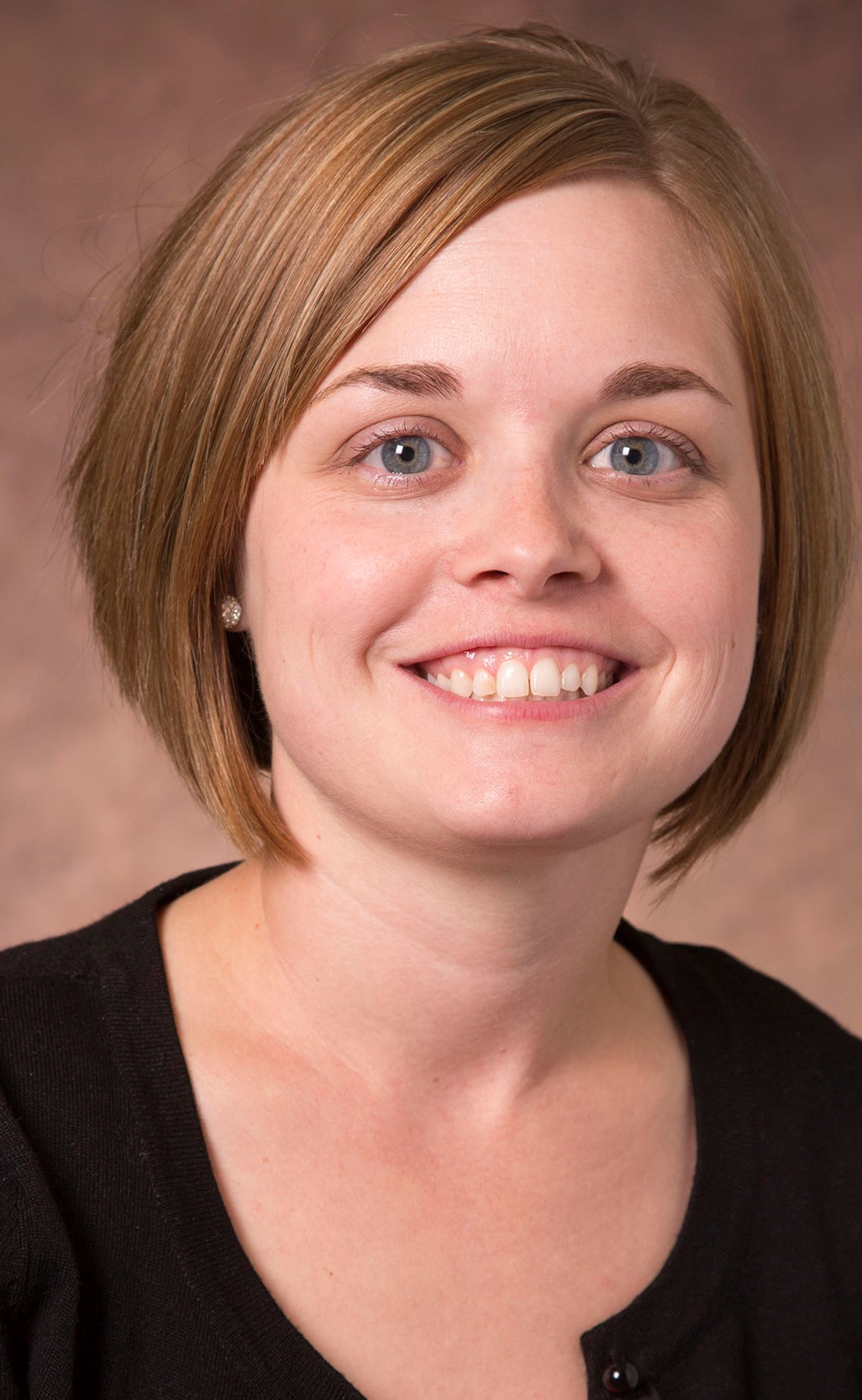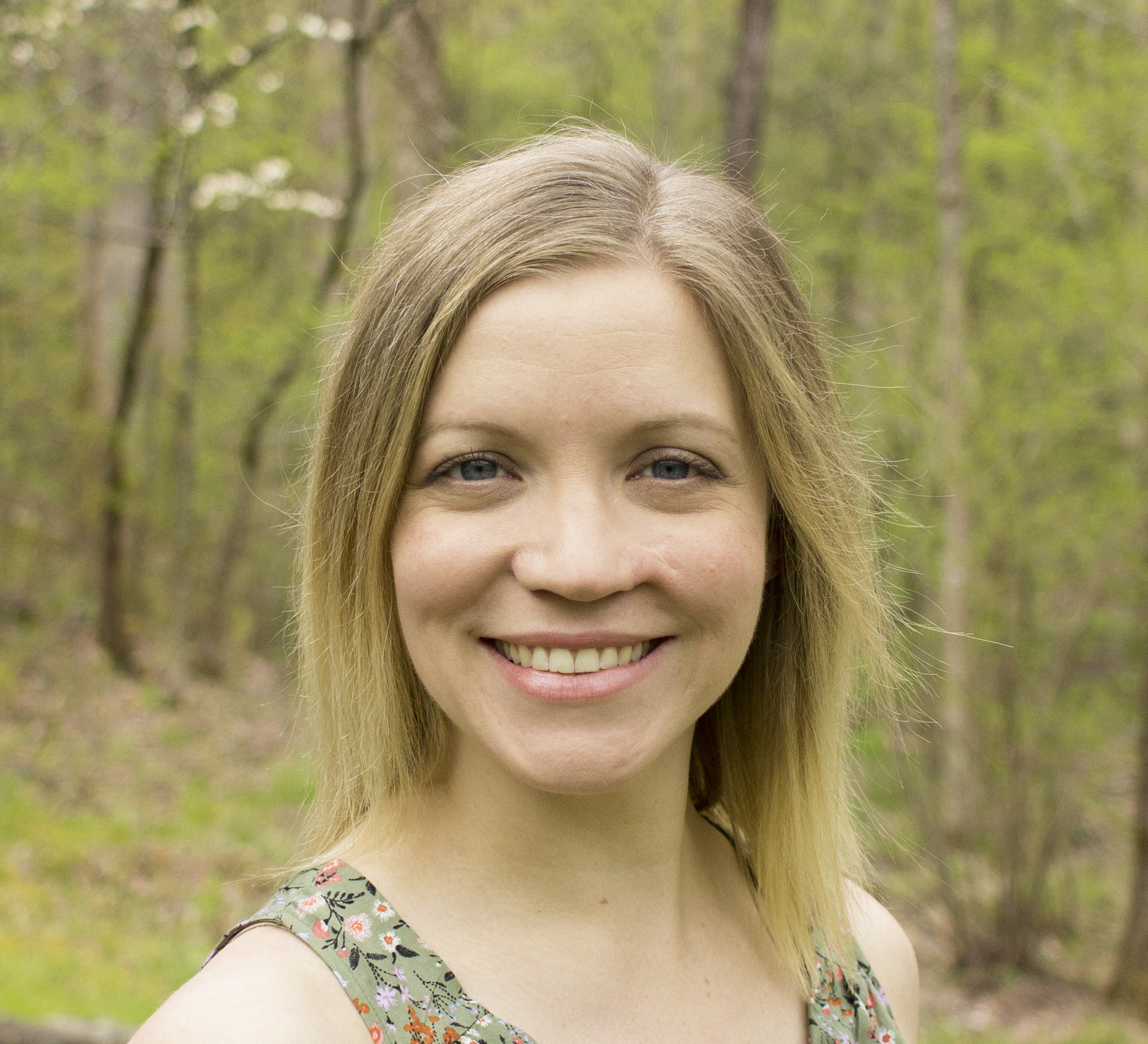Risk and Resiliency in Adverse Childhood Experiences: Implications for Prevention and Intervention
Speaker(s):
Hartenstein, Jaimee, PhD, CFLE
Presentation:
This presentation will first provide a definition of adverse childhood experiences (ACEs) and discuss relevant research on the association between exposure to multiple ACEs and numerous negative physical, emotional and mental health outcomes in adulthood. The presentation will examine exposure to ACEs through the lens of the Family Stress and Resilience theoretical framework. This approach highlights the role and value of enhancing protective factors to promote resiliency in the context of exposure to ACEs. This presentation will describe modern approaches to addressing the impact of adverse childhood experiences and discuss prevention and intervention implications for clinical and mental health practitioners.
Objectives:
- Define adverse childhood experiences (ACEs)
- Describe the negative effects of exposure to ACEs in adolescence and adulthood
- Identify relevant protective factors to the harmful effects of exposure to ACEs
- Describe approaches for addressing the effects of of ACEs





